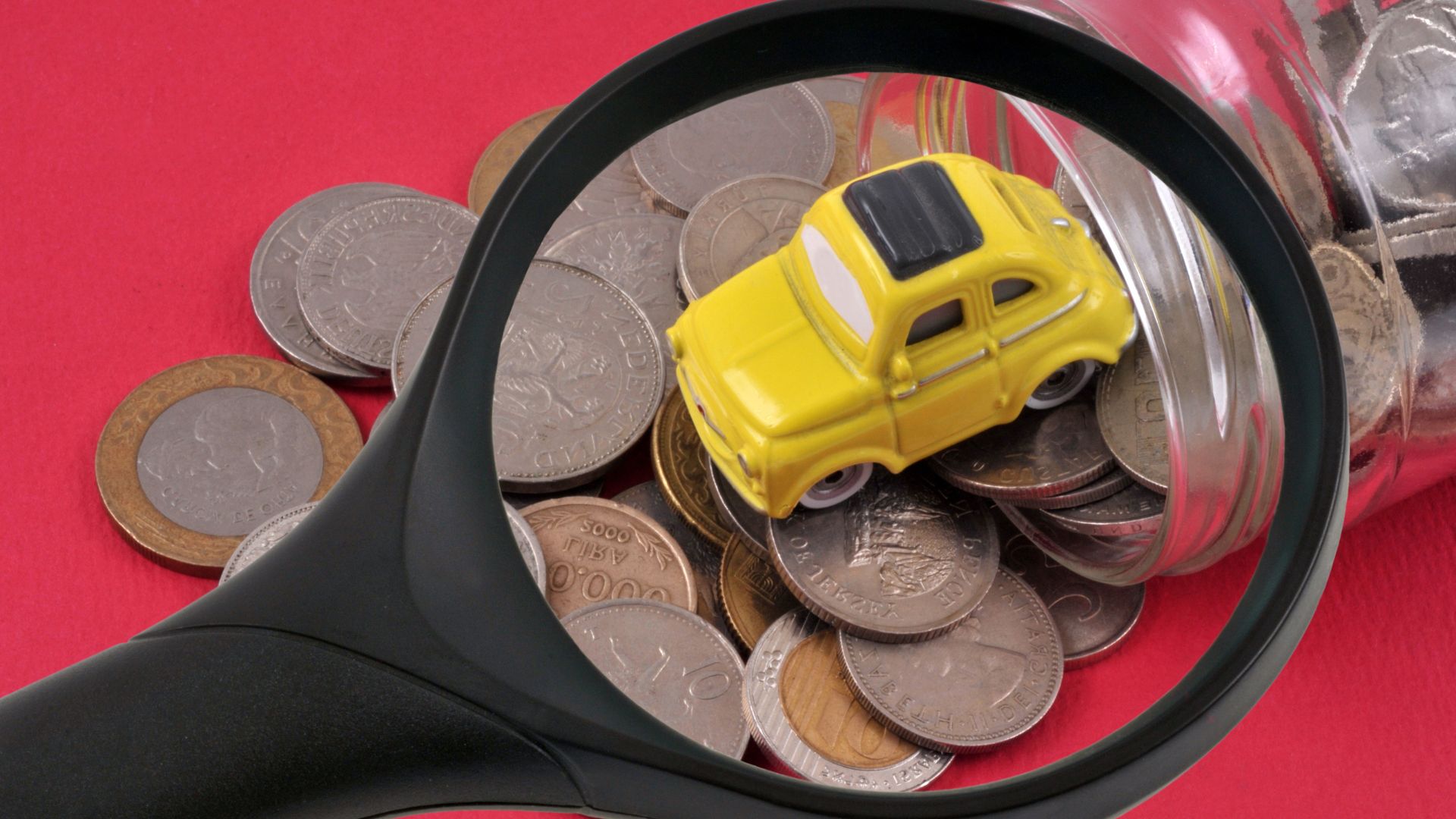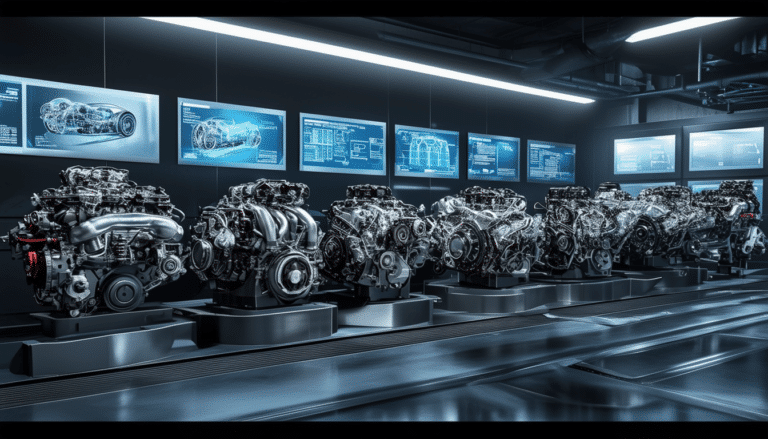¿How can I manage my car budget without going broke?

French households spend a large part of their budget on cars each year. Car expenses can be quite high for a household, so it is important to manage this budget well to avoid running out of money or having debts to pay.
Good management of the car budget mainly requires being aware of the expenses involved. One must consider recurring expenses (gasoline, fuel, taxes, etc.) and occasional expenses (repairs, parts changes, maintenance, etc.). Next, one must find a balance between these different expenses to avoid deviations and adapt choices to needs.
Understanding car-related expenses
First of all, understanding car-related expenses is essential for good budget management. Recurring expenses are particularly important as they represent a significant amount at the end of each month. These mainly include:
- Car insurance, which is mandatory;
- Maintenance (oil changes, filters, belts, etc.);
- Fuel (and/or electricity depending on the vehicle);
- Car taxes and fees;
- Parking and gardening expenses.
In addition to these recurring expenses, there are occasional expenses that are more random. They are usually related to repairs and parts changes. Therefore, you should always leave a small budget for these unforeseen expenses.
It is important to keep in mind that additional expenses related to the use of your vehicle (travel expenses, fines, etc.) are not included in this budget.
Make a free budget simulation on the carbudget.fr website
Organizing expenses and adapting the budget to your lifestyle
Once you know what your car-related expenses are and have identified them, you can start organizing your expenses to optimize them and adapt your budget to your lifestyle. Secondly, one of the first things you should do is anticipate expenses by creating an emergency fund to deal with unforeseen events. A good practice is to set aside 10% of your income for this purpose.
You should also ensure that you consider all costs associated with your vehicle. This includes taxes, but also the cost of parts and repairs. Invoices and estimates from garages can be useful to calculate how much you will have to pay.
It is also important to adjust the budget to your personal needs and circumstances. If you use your car daily, the budget will be different from someone who uses it only on rare occasions. In this case, you will need to budget for additional maintenance and repair expenses.
Managing the car budget well
Once you know what your car expenses are and have organized your spending, it is time to take action. To manage the car budget wisely, there are a few things you should keep in mind.
- Look for cost-effective ways to reduce car-related expenses. For example, if you take many trips, choose an economical or electric vehicle. You can also find alternatives to gasoline for your fuel.
- Identify any insurance and services you do not need and eliminate them. Remember that some insurances are mandatory and it is illegal to drive without them. So make sure you know what is mandatory and what is not.
- Compare garage offers to find the best value for money. Repairing a part can cost a lot of money in some garages and less in others. By comparing offers, you can find a reasonable price.
- Try to keep the vehicle in good condition and perform regular maintenance. Regular maintenance can reduce the number of repairs and, therefore, the expenses related to the car.
- Check the invoices and make sure they are correct. Errors in invoices can lead to unforeseen additional expenses.
If you apply all these tips, you will be able to keep your car budget under control and achieve significant savings over the long term.





